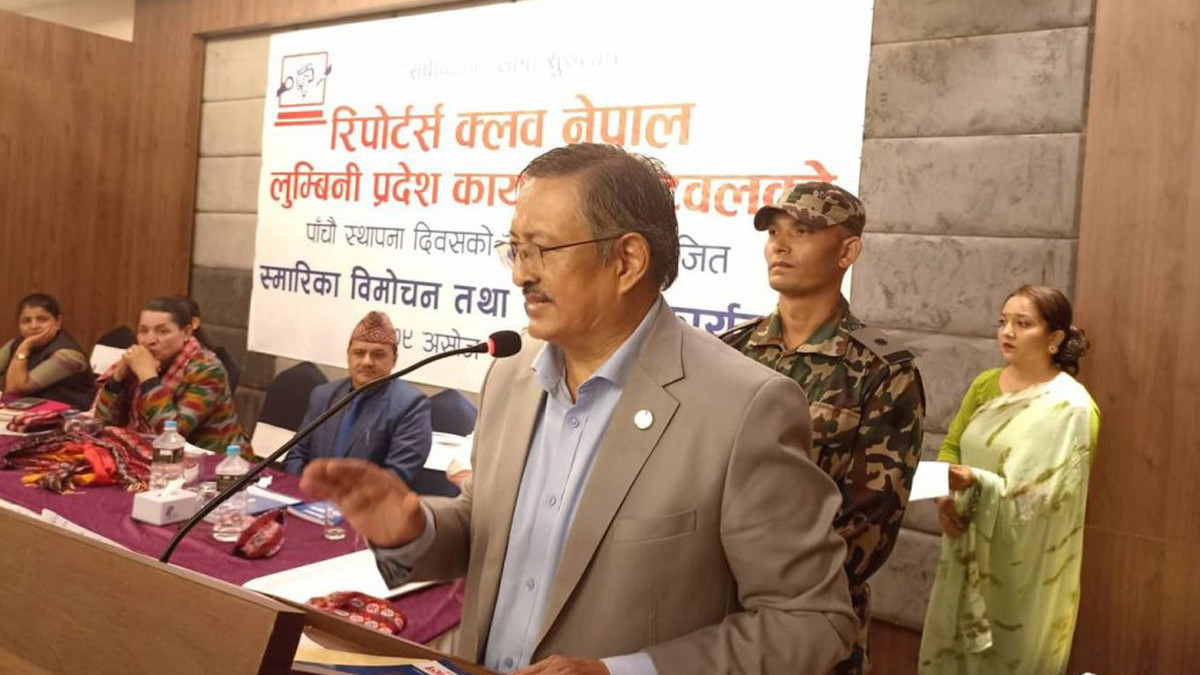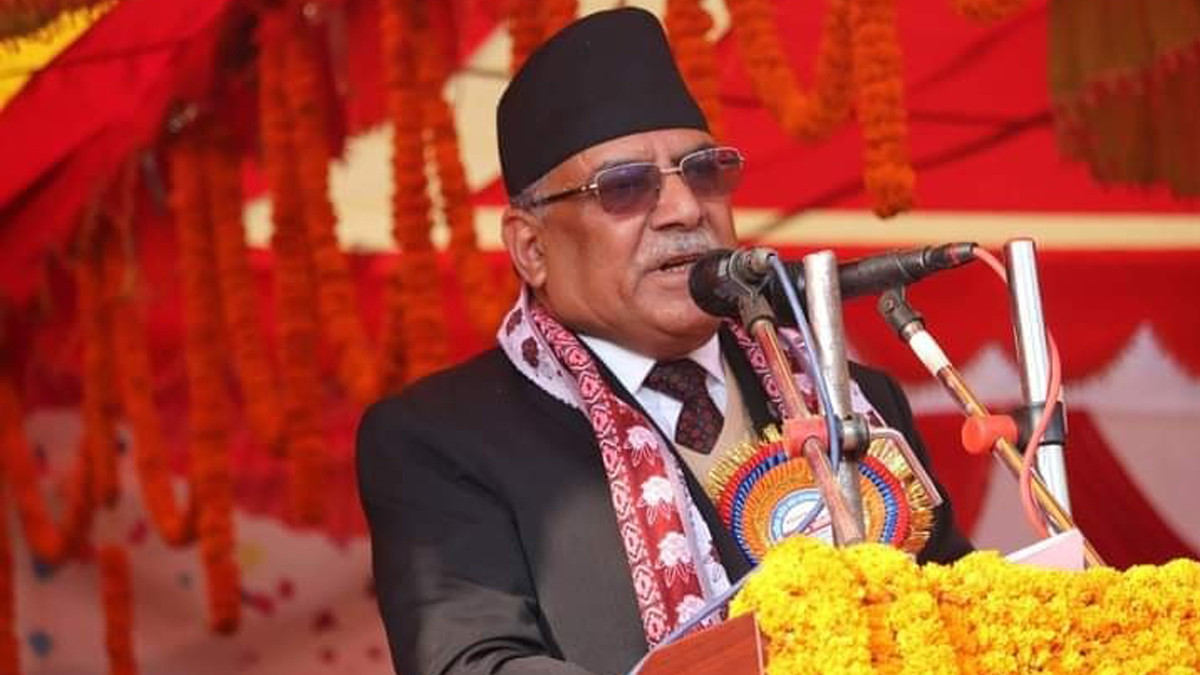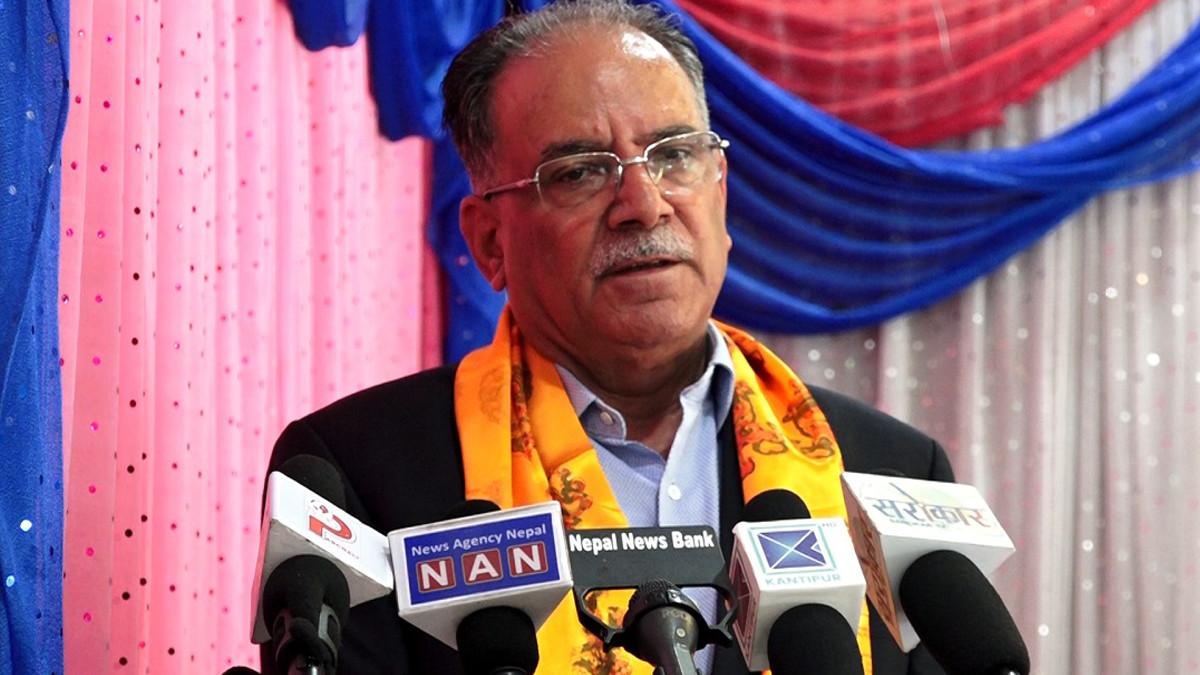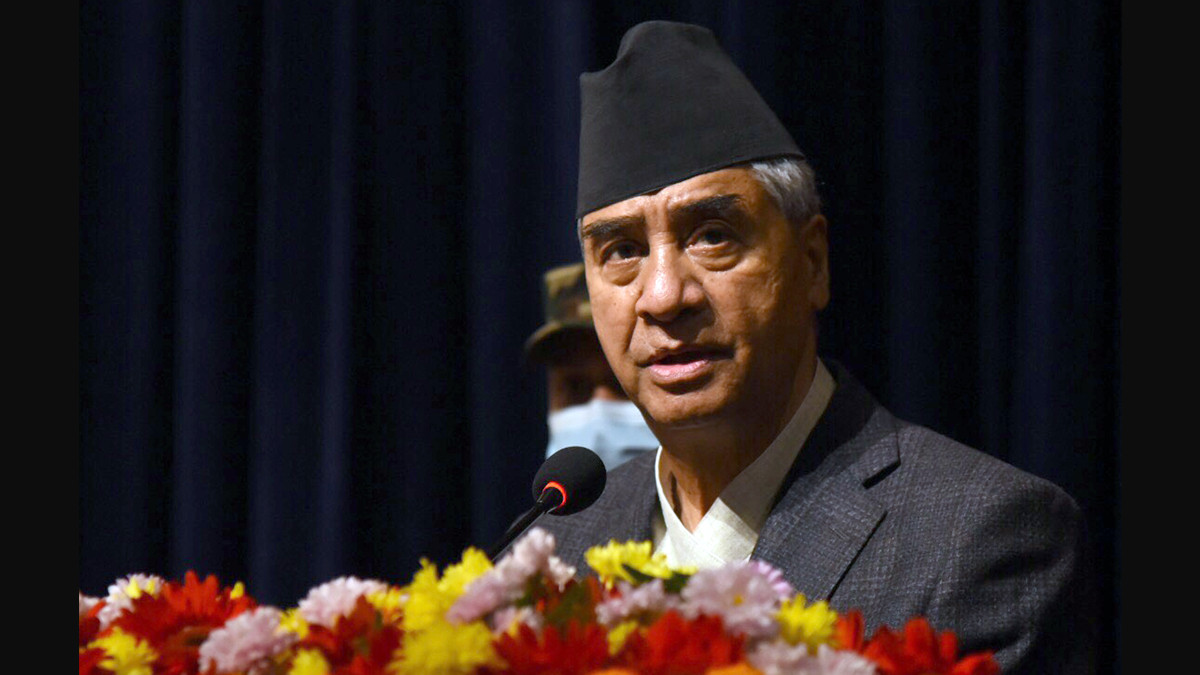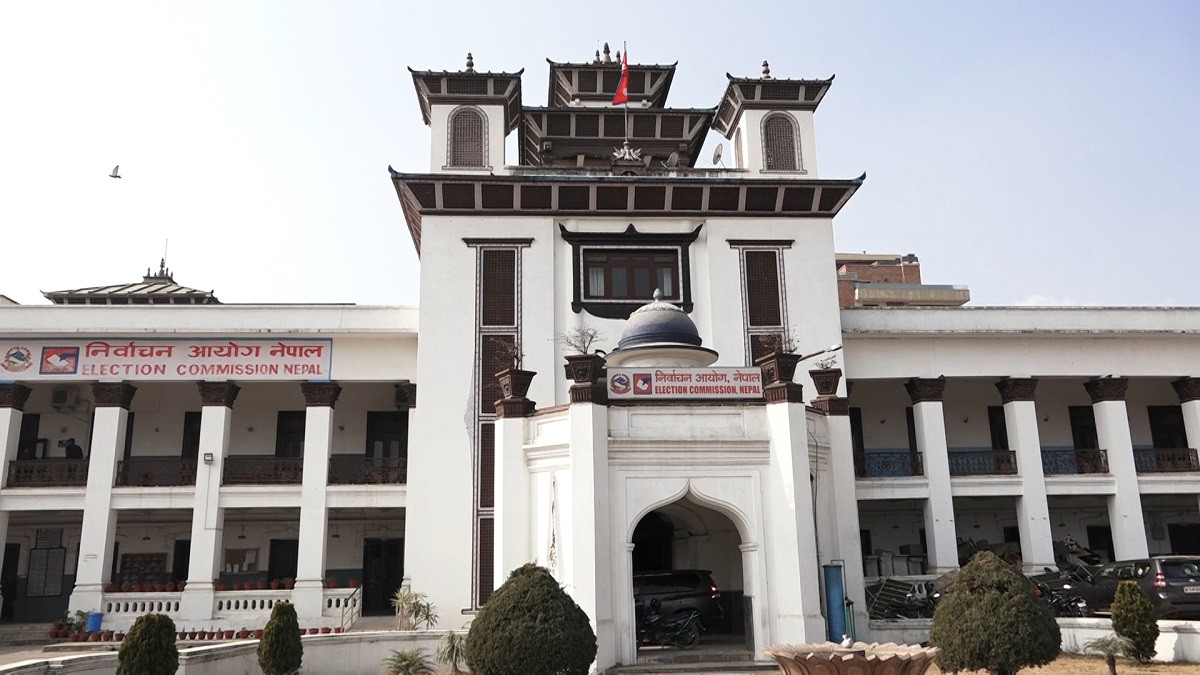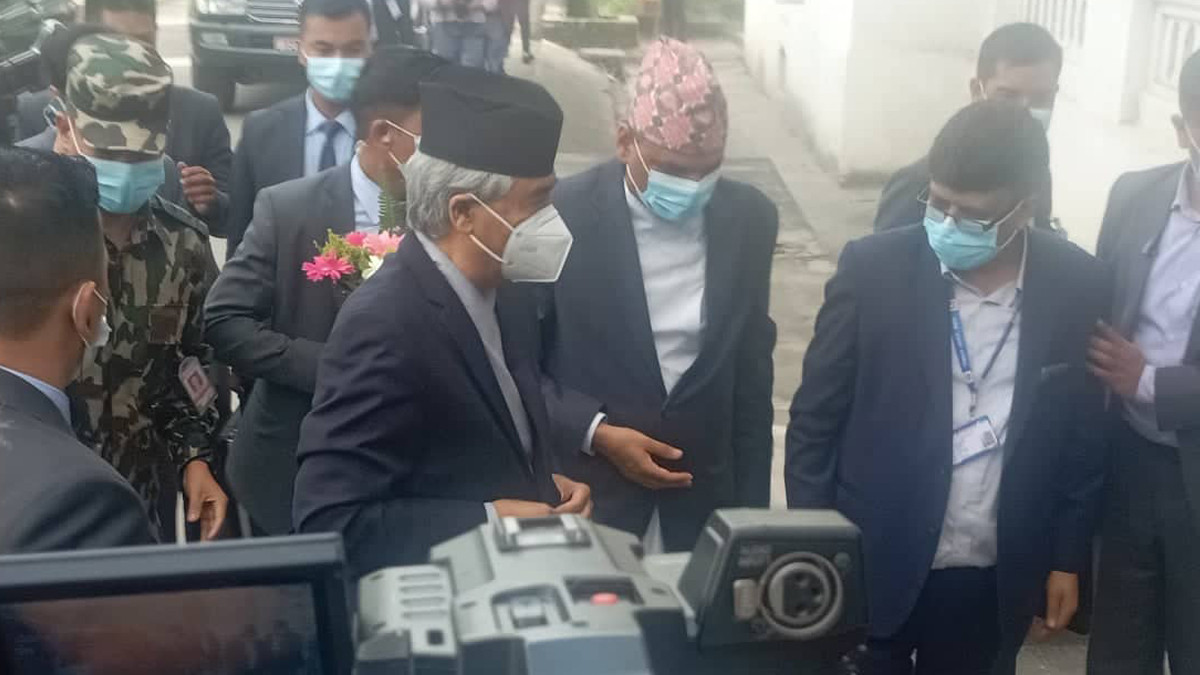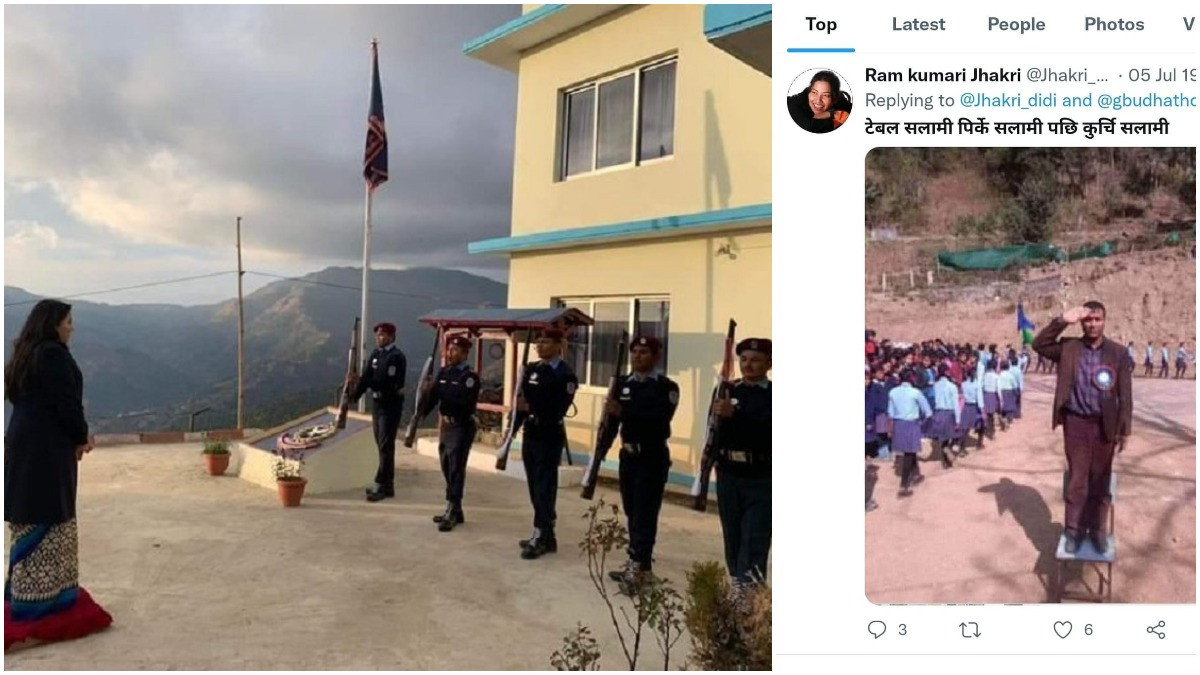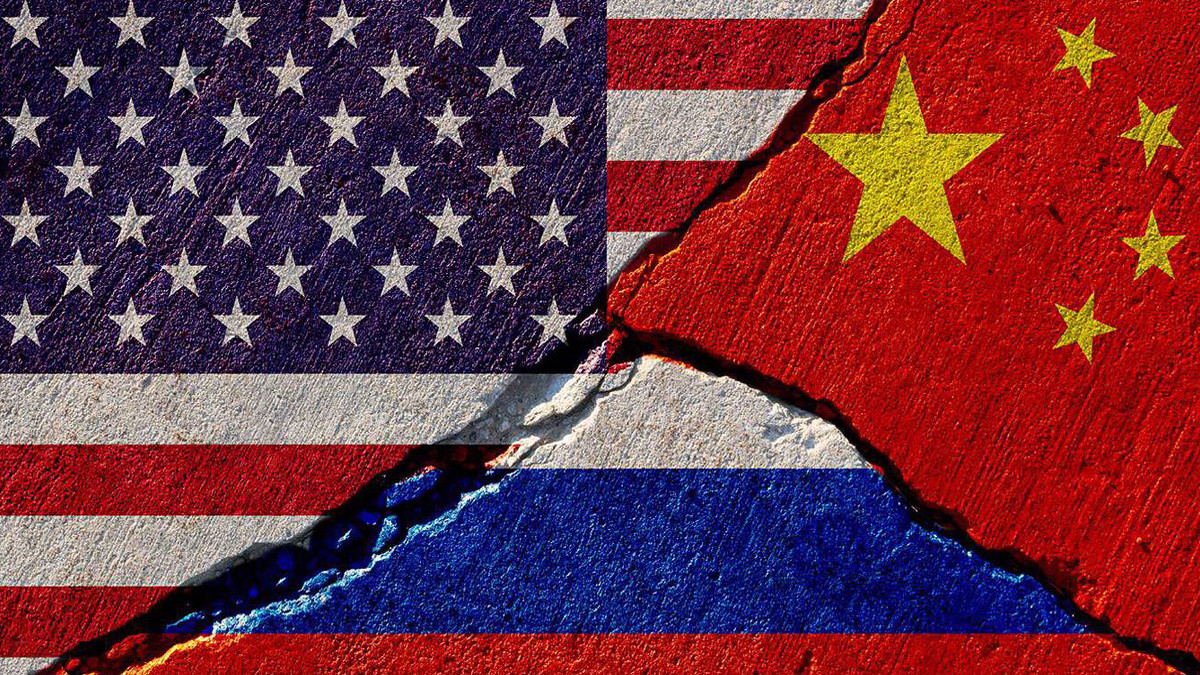 master Sergeant/Getty Images
master Sergeant/Getty Images
CAMBRIDGE – Russia’s invasion of Ukraine – a flagrant violation of international law that has resulted in a humanitarian disaster – has nailed shut the coffin of the post-1989 “liberal” international order. The liberal dispensation was already on its deathbed, having been mortally wounded by the geopolitical conflict between China and the United States and the backlash against hyper-globalization. Any hopes for its resuscitation have now been dealt a final, decisive blow.
The global order we are leaving behind rested on the premise that the world could rely on economic interests – mostly of large corporations, banks, and investors based in the US and Western Europe – to spread prosperity and mitigate conflict. As middle and rising powers such as Russia and China became richer, they would become more like “the West,” and the imperatives of geopolitical competition would give way to the search for gains from trade.
While free-market economists supplied the old order’s founding narrative, geopolitical “realists” will most shape the coming order. And the picture they paint is not pretty: a world of zero-sum great-power competition where the quest for national security, inevitable uncertainty about adversaries’ motives, and the absence of a global rule enforcer lead to mostly conflict rather than cooperation.
In such a world, the dominant question facing the West is how to contain Russia and China. Is it possible to drive a wedge between them? Or should the West accommodate Russia’s goals in Europe in order to form a common front with it against the more potent economic and technological challenge posed by China? All other matters, including trade, investment, climate change, global poverty, and public health, become subordinate to these questions.
It would be terrible if this were the only alternative to the unfulfilled expectations of the “liberal international order.” Luckily, it is not. It is possible to create a prosperous and stable world order while remaining realistic about the nature of great-power competition. But whether we can achieve such an arrangement depends on how countries pursue their national-security goals, and on the stories they tell about themselves and their adversaries.
The central conceptual framework that informs realist thinkers is the “security dilemma.” The idea explains why a system in which major powers emphasize their national security can be fundamentally fragile. Because it is impossible to distinguish defensive from offensive measures, attempts by each side to become more secure simply add to the insecurity of the other, triggering countermeasures that sustain the vicious cycle.
Realists would argue that something akin to the security dilemma was at play in the run-up to Russia’s attack on Ukraine. Ukraine, and the West in general, perceived the country’s incorporation into a Western economic sphere and possibly a Western military alliance as largely bolstering its economy and security. Russian President Vladimir Putin, meanwhile, saw these moves as inimical to Russia’s security interests. If this seems outlandish, the argument goes, consider how the US would react if, say, Mexico were to contemplate a military alliance with Russia.
But a lot about this realist explanation, and in the security-dilemma framework in general, hinges on how countries think about their national-security goals, and the effectiveness of alternative mechanisms for achieving them. A country that invested all its resources in military capabilities and neglected to build up its economy and strengthen its institutions would not be very secure in the long run – even if it started out as a global power.
South Korea provides an instructive example. In the immediate aftermath of the Korean War, the country focused on its military buildup against North Korea. But as the US began to reduce its military and economic assistance in the early 1960s, South Korea’s leadership changed course, calculating that economic strength through export-oriented industrialization would provide a better bulwark against a potentially belligerent northern neighbor.
Likewise, it is not at all clear that Russia will be more secure if it achieves its immediate military goals in Ukraine but emerges from the conflict as an economic weakling cut off from Western technology and markets.
Equally important are the stories that great powers tell themselves about their intentions, and how others perceive them. US and European policymakers view themselves in the international arena as well-intentioned benign actors. But when they talk about a “rules-based international order,” they forget how that order has been constructed to suit their own countries’ interests, and overlook their various transgressions of it. They do not realize – or are puzzled by the fact – that ordinary people in many non-Western countries regard Western powers as opportunistic, hypocritical, and motivated purely by selfishness.
This sense of exceptionalism exacerbates the security dilemma, because it leaves little room for other powers’ legitimate security concerns when Western countries expand their military presence and wield economic influence. While nothing might have guarded against Putin’s military adventurism, he feeds on many Russians’ hostile views of the West. Similarly, US attempts to exclude Chinese firms such as Huawei from global markets and deny them access to key inputs, ostensibly on national-security grounds, fuel China’s concerns that America wants to undermine its economy.
The security dilemma comes fully into its own when a great power seeks hegemony rather than accommodation. The US is often guilty of this, by framing its foreign-policy goals in terms of global supremacy. Similarly, when countries like Putin’s Russia question the legitimacy of another country’s existence or aim to remake it in their own image, it becomes difficult to imagine a path to compromise.
But there is no reason why the security dilemma cannot be tamed. It is possible for great powers to have national-security goals that are not overtly offensive. It is also possible for them to communicate their intentions and concerns better, thereby reducing misunderstanding and achieving a degree of cooperation. There is a lot of wiggle room to escape from the realists’ cruel world.
Dani Rodrik, Professor of International Political Economy at Harvard University’s John F. Kennedy School of Government, is President of the International Economic Association and the author of Straight Talk on Trade: Ideas for a Sane World Economy (Princeton University Press, 2017).
Copyright: Project Syndicate, 2022.
www.project-syndicate.org

 Dani Rodrik
Dani Rodrik